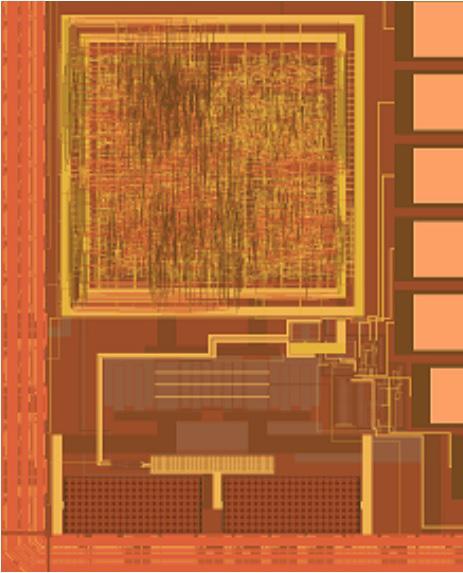A team of engineering researchers at North Carolina State University has published details of a new technique they’ve developed, which allows for the creation of passive radio-frequency identification (RFID) tags that are 25% smaller than anything presently on the market.
The eureka moment, if you will, came when they realized the tags no longer need to convert alternating current (AC) to direct current (DC) in order for the tags to function effectively.
You see, when it comes to passive RFID technology, a “reader” transmits the radio signal picked up by the RFID tag. The tag converts the AC of the radio signal to DC in order to power the internal circuits responsible for controlling the signal bounced back to the reader.
The team redesigned RFID circuits to operate straight off of AC power by incorporating additional transistors into the circuits. The circuits, it’s worth pointing out, share a number of transistors; this allows them to operate correctly, even while using only an AC power source.

For those unfamiliar, passive RFID is used in everything from parking passes to merchandise tracking.
“By eliminating the hardware that is used to convert the AC signal to DC for powering the circuit, we are able to make the RFID tag much smaller and less expensive,” says Paul Franzon, a professor of electrical and computer engineering at NC State and senior author of a paper on the work.
The research was conducted with NC State Ph.D. students Wenxu Zhao and Kirti Bhanushali.
The new tags created are referred to as “RF-only logic” RFID tags. It is worth noting that they have less range than conventional, passive RFID tags, but Franzon and his team plan to develop new prototypes that they anticipate will have similar range to conventional tags.
“We're currently looking for industry partners to help us bring this technology into the marketplace,” Franzon says.
The team has received patent approval for these new techniques through NC State’s Office of Technology Transfer.
To learn more, download the paper, “Design of a Rectifier-Free UHF Gen-2 Compatible RFID Tag using RF-Only Logic.”
Advertisement
Learn more about Electronic Products Magazine





